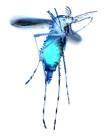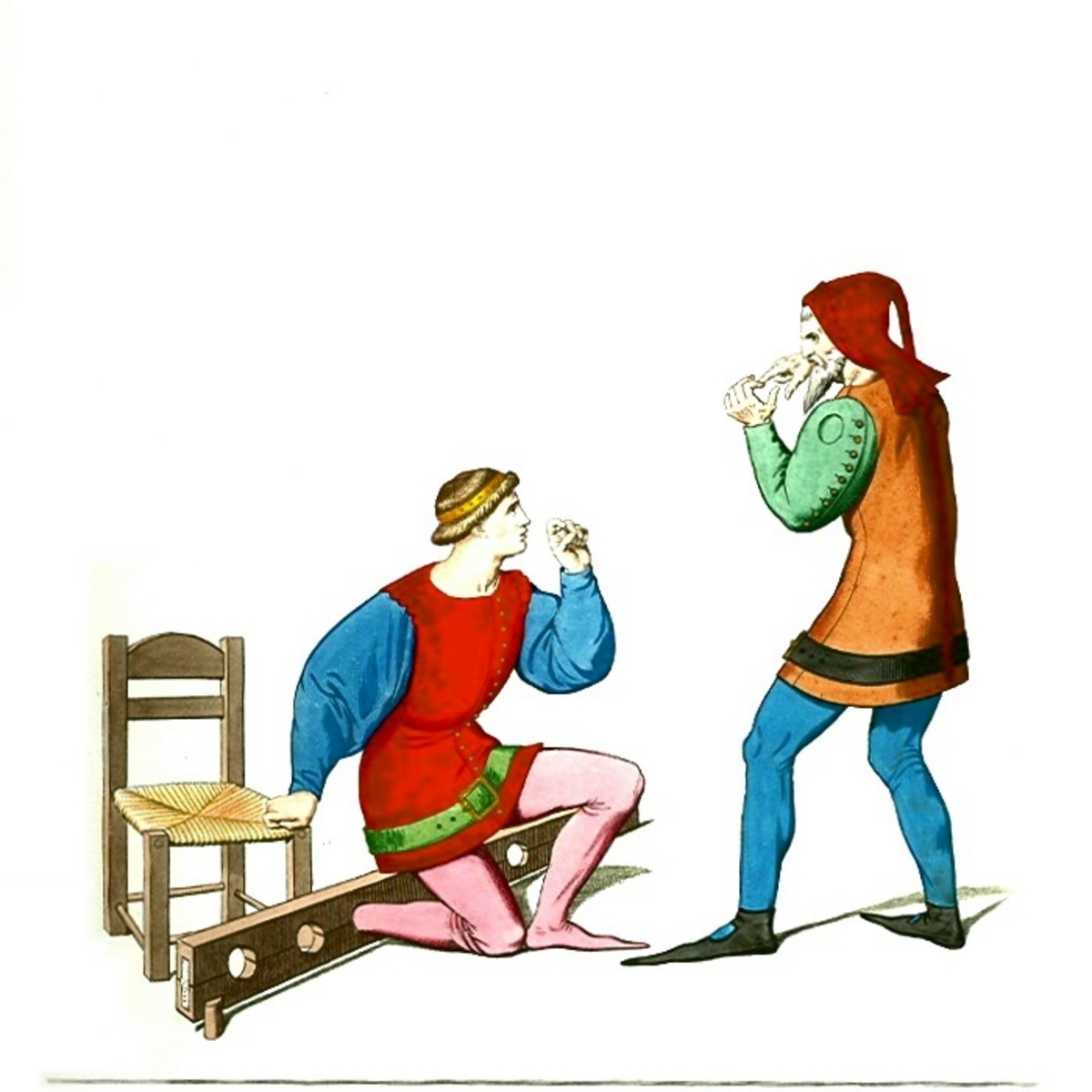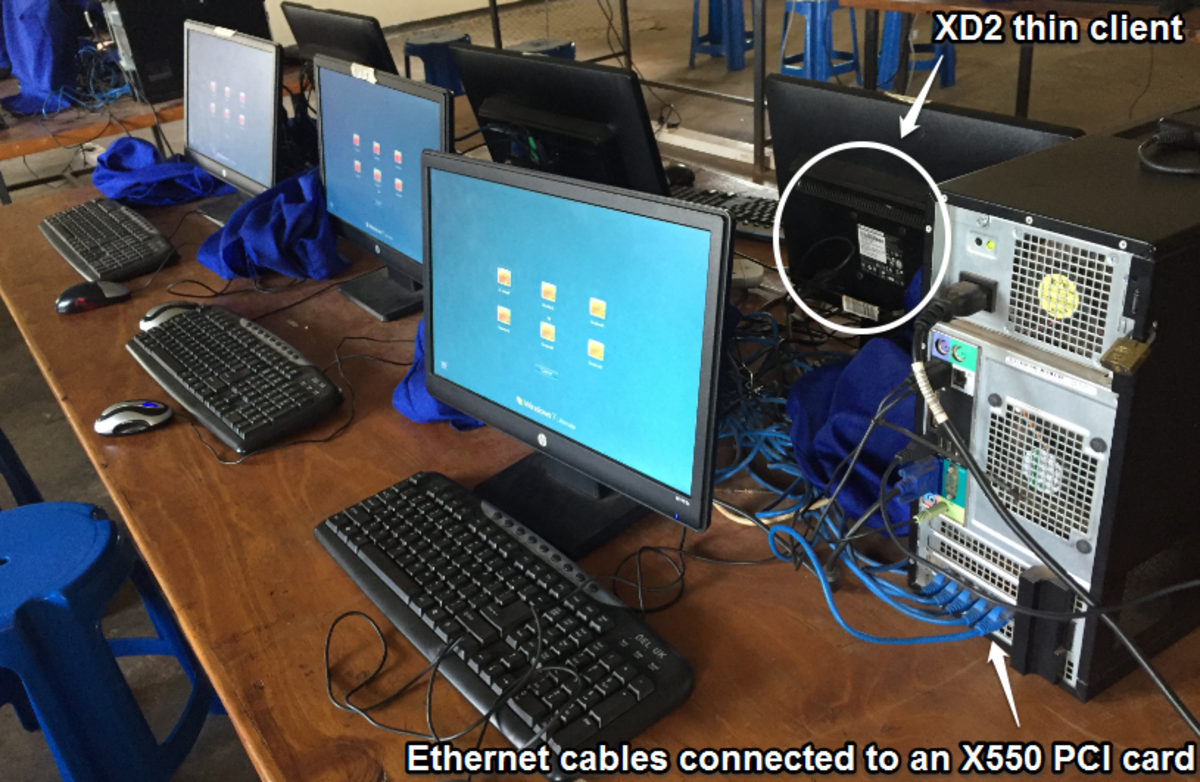Bill Gates to Fund Genetically Modified Mosquitoes
The Bill and Melinda Gates Foundation
Scientists have genetically modified hundreds of mosquitoes hoping to stop them from spreading the malaria killer disease. The Bill and Melinda Gates Foundation has found the work so promising it has invested nearly $40 million into genetic strategies to stop mosquitoes from transmitting diseases like malaria and dengue fever.
A few years ago, genetic strategies may have seemed far-fetched but today scientists have jumped into full gear to explore new avenues to fight the ever losing battle against malaria.
Andrea Crisanti, a malaria expert in charge of genetically modifying mosquitoes at London's Imperial College has agreed it's time to try something else.
A Mosquito Egg can Remain Dormant for Several Years
1. A mosquito egg can remain dormant for several years in absence of water. Rift valley fever is generally observed during years in which unusually heavy rainfall and localized flooding occur. The excessive rainfall allows mosquito eggs to hatch. The mosquito eggs are naturally infected with the rift valley fever virus. Once they hatch, the mosquitoes transfer the rift valley fever virus to the livestock on which they feed. Once the livestock is infected, other species of mosquitoes becomes infected from the animals and will spread the disease to other animal and human.
2. Mosquitoes have been around for 100 million years. In that time they have diversified into more than 3,000. They have successfully adapted to climates from the arctic to the equator and developed means of locating indigenous blood hosts in each locale.
3. Mosquito-borne diseases like malaria, yellow fever, dengue fever kill more people than any other disease. The female mosquito requires a blood meal for development of her eggs. Mosquito adults feed on flower nectar, juices, and decaying matter for flight energy. The larval and papal stages can be found in a variety of aquatic habitats.
4. The average life span of a female mosquito is 3 to 100 days. The male lives 10 to 20 days. One female mosquito may lay 100 to 300 eggs at a time and may average 1,000 to 3,000 off springs during her life span. Mosquitoes breed in standing water. Rain gutters, tree holes, old can with stagnant water are good breeding sites. A mosquito develops from egg to adulthood in 4 to 7 days. Most mosquitoes remain within a 1 mile radius of their breeding site.
5. Mosquitoes can't see you until they are 10 meters away. When they are about 4 meters away they use extremely sensitive thermal receptors on the tip of their antennae to locate blood near the surface of the skin. The range of these receptors increases threefold when the humidity is high. Mosquitoes locate blood hosts by scent, sight and heat. From 30 meters mosquitoes can smell your scent, especially the carbon dioxide you exhale. Mosquitoes respond to higher-than-normal concentrations of carbon dioxide, especially when the carbon dioxide is mixed with host-odor. They follow your scent upwind, and can see you at a distance of about 10 meters.
6. Aedes Aegypti mosquito originated in Africa and spread throughout the tropics. It carries disease and is a major pest because it seems to prefer omnivorous blood hosts such as monkeys, apes and people. This mosquito is not afraid to make its home indoors.
Lethal Genes?

Millions of People Worldwide Die from Malaria
Every year, millions of people worldwide die from malaria, mostly in sub-Saharan Africa. A programme that seeks to hand out millions of bed mosquito nets is going on in developing countries. Villages across the countries have been doused with insecticide. But those measures have not put a significant dent in malaria cases. After a string of failed initiatives, the United Nations recently announced a campaign to provide bed nets to anyone who needs them by 2010. How well they succeed with these remains to be seen. Either the bed nets have been destroyed by poor handling or by pests like mice or have quickly been exchanged through the local traders with cheap foods which is more of an immediate need to the target groups.
Some scientists think creating mutant mosquitoes resistant to the disease might work better. Yeya Toure, a tropical disease expert at the World Health Organization has said the world has a malaria burden that is ever increasing every year. Under such circumstances, they have to investigate whether genetically modified mosquitoes could make a difference.
Genetically Modified Mosquitoes so Promising
The Bill & Melinda Gates Foundation has found the work on genetically modified mosquitoes so promising it has invested nearly $40 million into genetic strategies to stop mosquitoes from transmitting diseases like malaria and dengue fever. The Bill & Melinda Gates Foundation believes this is one of those high-tech, high risk innovations that would fundamentally change the struggle between humans and mosquitoes. Dr. Regina Rabinovich, director of infectious diseases development at the Gates Foundation agrees that mosquitoes bred to be immune to malaria could break the disease's transmission cycle. "That is the nirvana of malaria control," said Rabinovich. "It would potentially transform what the field looks like."
Crisanti has already proved that it is possible to create a genetically modified mosquito by inserting a gene that glowed fluorescent green in males. Among other possibilities, he and his team are now planning to create sterile male mosquitoes to mate with wild female mosquitoes, thus stunting population growth. They are also trying to engineer a malaria-resistant mosquito. And in 2007, American researchers created mosquitoes resistant to malaria that infects mice. Other scientists are active in altering the DNA of the mosquitoes that spread dengue.
Too Many Genetic Puzzles Need be Solved
But not all scientists think these super mosquitoes are such a good idea. Some think there are too many genetic puzzles to be solved for modified mosquitoes to work. For example: the malaria-causing parasite, which mosquitoes then transmit to humans, is simply too good at evading anything scientists might devise to protect the mosquito. Whenever mosquitoes have developed genes resistant to the malaria-causing parasite, the parasite has always found a way around it.
For this to work, scientists will have to genetically modified billions of these mosquitoes. And as it is usually the case, some environmentalists worried that genetically modified mosquitoes might wreak havoc in the ecosystem. "Can't we just give mosquito nets to people instead of looking at these really complex technological fixes that mess with the very delicate balance of nature and evolutionary history?" asked Gillian Madill, a genetic technologies campaigner at Friends of the Earth in Washington.
Do not Fool with Mother Nature
But Dr. Rabinovich of the Bill & Melinda Gates Foundation knows very well that rigorous testing would have to be done before releasing any genetically modified mosquitoes into the wild. It is true it is not good to fool with Mother Nature but if one can come up with another way of tackling malaria that is workable and far better than giving free bed nets to hungry population, then the world will listen to him.
Over the next year, the world will look forward to see Crisanti finalize plans for a test release of genetically modified mosquitoes in southern Italy. There, millions of the insects will be set loose in large cages to determine things like how they might interact with wild mosquitoes and how many would be needed to knock out malaria. Crisanti acknowledged there might be unintended consequences of releasing genetically modified mosquitoes into the wild, although he could not predict what they might be. He, like many others, believes it is a risk worth taking. There is a moral good to doing it. If Crisanti and his team can do this right, the mosquitoes will get rid of malaria for us.
Unless one is in support of using malaria to control breeding of people, then Crisanti's genetically modified mosquitoes should be given a chance.
The Author’s page is designed to help beginners and average readers make some money as an extra income to supplement what they may be earning elsewhere - details of which you can find in My Page, if you will.









